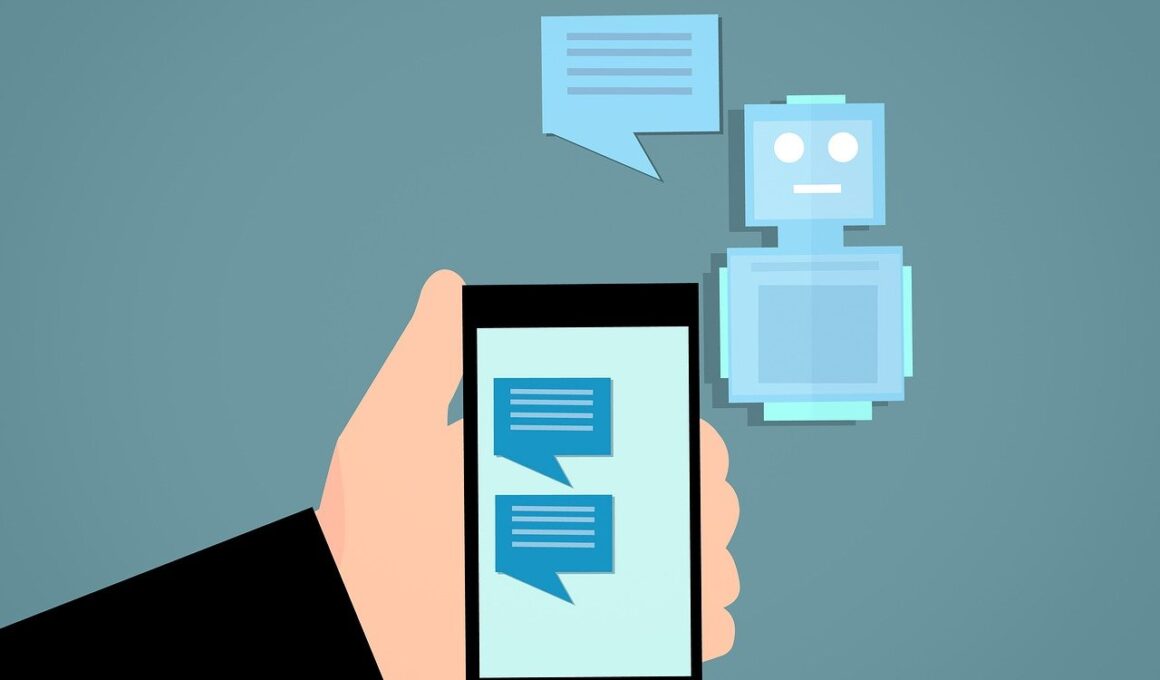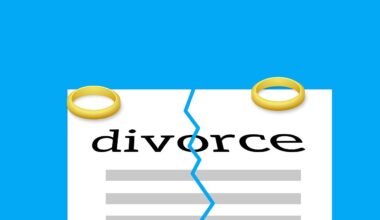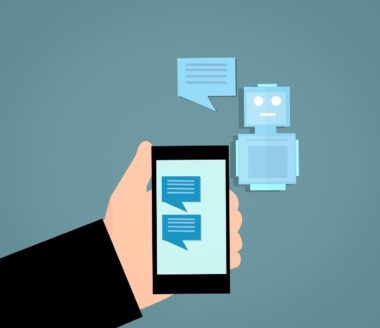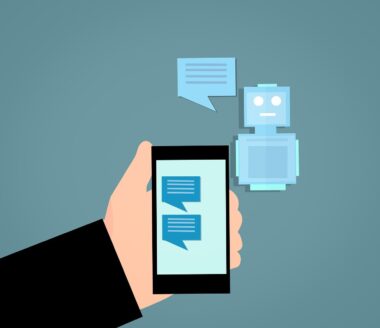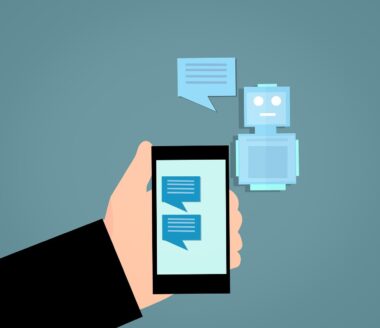The Impact of Chatbot Marketing Automation on Consumer Behavior
Chatbot marketing automation has become an essential tool in reshaping consumer behavior in today’s digital age. These automated agents facilitate interaction between brands and consumers, significantly enhancing engagement rates. When potential buyers interact with chatbots, they receive real-time support and information. This immediacy fosters a sense of connection, encouraging consumer loyalty and repeat business. Chatbots are capable of analyzing data to tailor responses and offers, which leads to increased personalization in marketing strategies. A personalized experience drastically influences consumer perceptions, making them feel valued and understood by brands. Additionally, chatbots can operate at any hour, removing time constraints that typically hinder consumer interaction. This round-the-clock availability not only enhances customer satisfaction but also increases the likelihood of conversions. The automation process reduces customer service costs while improving response times, thus optimizing the overall customer experience. Through effective communication, chatbots help brands gather valuable insights about consumer preferences and behaviors, allowing for better-targeted marketing efforts. As a result, businesses are tapping into the potential of chatbots to create impactful relationships with consumers and ultimately drive sales growth.
At the core of chatbot marketing automation lies its ability to streamline communication. Bots can manage multiple queries simultaneously, significantly reducing customer wait times. Traditional customer service methods often lead to frustration due to prolonged responses, whereas chatbots provide prompt solutions. Users engage with chatbots to ask questions, make purchases, or seek recommendations. These inquiries guide the chatbot’s programming, leading to ever-improving algorithms that enhance user experience. Moreover, chatbots gather essential data that marketers can leverage for analytics purposes. This data informs them of which products are just inquiries away from purchase or which content resonates well with clients. Analyzing user interactions allows brands to adjust their marketing strategies in real-time, thereby enhancing responsiveness and relevance. Furthermore, the conversational aspect of chatbot interactions contributes to a more relaxed shopping environment. Consumers often feel more comfortable expressing their needs and preferences to a chatbot. Distancing themselves from the conventional sales pressure often experienced in stores attributes to their willingness to engage longer with brands. Consequently, brands harness these unique opportunities to divert potential leads to conversions through these interactions in innovative marketing strategies.
Enhancing Customer Experience with Chatbots
Chatbots elevate the customer experience considerably through personalized interactions tailored to individual needs. As consumers interact with chatbots, they share preferences and queries that the bots utilize to customize responses. Enhanced personalization is more likely to drive consumer decisions. When consumers feel understood and valued, their confidence in making purchases rises. Chatbots empower this personalization by recalling user history and offering recommendations accordingly. Beyond personalization, chatbots maintain a casual tone that encourages engagement without overwhelming consumers. This balance creates a comfortable dialogue that leads users through the sales funnel. Furthermore, chatbots can handle frequently asked questions without human assistance, allowing human agents to devote their time to more complex inquiries. They effectively reduce the burden on support teams, optimizing operational efficiency. Additionally, chatbots serve as a valuable marketing tool by providing timely offers and promotions based on user behavior and preferences. By being proactive in their engagement strategies, brands can drive sales and satisfaction simultaneously. As a result, the implementation of chatbot technology in marketing strategies creates a seamless experience, making it easier for consumers to navigate purchasing decisions.
One of the most significant advantages of chatbot marketing automation is improved lead generation. Bots can efficiently sift through interactions to identify potential leads. They can initiate conversations with visitors on websites, gather user information, and qualify leads based on predetermined criteria. This automation results in a steady stream of all qualified leads while managers focus on conversion strategies. Once a lead is qualified, bots can nurture these prospects by providing relevant information and guiding them through the sales process. This nurturing process reduces friction in consumer decision-making by ensuring continuous engagement. With automation handling initial interactions, marketing teams can strategize about deeper consumer relationships. Moreover, chatbots save time by eliminating mundane tasks, allowing marketing professionals to prioritize lead engagement and content development. Brands can leverage chatbots as personalized marketing assistants that engage users at various stages of the consumer journey. This approach empowers brands to amplify digital marketing campaigns significantly, ensuring consumers receive timely messages. Ultimately, clever integration of chatbot technology directly influences a brand’s ability to attract and convert leads, enriching the overall marketing strategy.
Data-Driven Decision Making
Effective chatbot marketing automation leverages extensive data analyses to create informed strategies tailored for specific audiences. Bots collect various data points, such as user preferences, behavior patterns, and engagement metrics. These insights allow brands to gauge which marketing techniques yield the best results. The possibilities extend to predictive modeling, where data from chatbot interactions predict future consumer behavior. Consequently, businesses can accurately forecast demand for specific products and adjust inventory accordingly. Moreover, brands can tailor their marketing communications based on historical data, ensuring higher relevance and engagement levels. Integrating these analytical capabilities into business operations allows for precise targeting, carving out a competitive advantage. With the insights gained from chatbots, marketers can refine their campaigns and focus on improving areas that yield the greatest return on investment. Additionally, A/B testing can be conducted simply through chatbot interactions, comparing various strategies and optimizing marketing communications based on user responses. Brands equipped with data-driven decisions create a sense of assurance for consumers, allowing them to make informed choices. The result is a fusion between consumer behavior and data analysis that drives effective marketing automation.
Another noteworthy impact of chatbot marketing automation is flexibility in adapting to market demands. The dynamic nature of consumer preferences requires continuous evolution of marketing strategies, and chatbots excel in facilitating adjustments quickly. Bots can be updated in real time to reflect new promotions, services, or consumer interests. This instantaneous adaptability ensures that consumers receive the most relevant content. Additionally, chatbots can scale according to demand fluctuations since they can handle a considerable volume of inquiries simultaneously. This scalability is a game-changer, allowing brands to provide consistent support without additional workforce investments. Furthermore, the platform-independent nature of chatbots means they can be integrated across various channels. This means consumers can engage through websites, social media platforms, or messaging applications. Being present where consumers spend their time increases visibility and facilitates broader interactions. It also establishes a unified brand voice, reinforcing brand identity. Consequently, brands armed with savvy chatbot marketing automation are better equipped to respond to the requirements of the modern market, positioning themselves as agile and responsive to consumer needs.
The Future of Chatbot Marketing Automation
As technology advances, the future of chatbot marketing automation is promising. Trends suggest that chatbots will become increasingly sophisticated and capable of processing complex queries. Improved natural language processing (NLP) will enable better understanding of nuanced consumer inquiries. The potential for chatbots to simulate human-like conversations is growing rapidly, creating an authentic interaction experience. This evolution will undoubtedly enhance consumer relationships, bridging the gap between businesses and consumers. Innovations in artificial intelligence may lead to chatbots offering proactive suggestions based on user behaviors, contributing further to personalized marketing experiences. Moreover, voice-based chatbots are gaining momentum, paving the way for new engagement channels. As the proliferation of smart speakers and devices continues, brands must adapt to reach consumers effectively through voice interfaces. Companies investing in advanced chatbot technology today position themselves for sustained success in an ever-evolving digital landscape. Additionally, as data privacy concerns increase, chatbots will need to prioritize compliance and ethical guidelines in their operations. The seamless integration of AI with chatbot interactions can redefine consumer behavior while placing a profound emphasis on maintaining trust and transparency within brand interactions.
The integration of chatbot marketing automation in consumer behavior is undeniably a vital trend that will shape the marketing landscape in the coming years. As the reliance on digital communication continues to rise, savvy marketers will recognize the unprecedented opportunities presented by chatbot technology. The fusion of AI, big data, and personalized interaction techniques will enable brands to create customized consumer experiences. This trend empowers consumers to feel more in control of their choices while simultaneously benefiting businesses through insights that improve engagement and conversions. As we look ahead, it becomes crucial for organizations to embrace chatbot automation, advocating for a commitment to enhancing customer satisfaction while nurturing long-lasting relationships. By leveraging these tools effectively, businesses will remain competitive in increasingly crowded markets. Ultimately, the impact of chatbot marketing automation on consumer behavior will not merely reshape interactions but will become a cornerstone of marketing strategies that prioritize connection, relevance, and growth. In conclusion, as brands navigate the complexities of today’s digital environment, they will find chatbot marketing automation emerges as a powerful ally in forging consumer relationships that matter.
